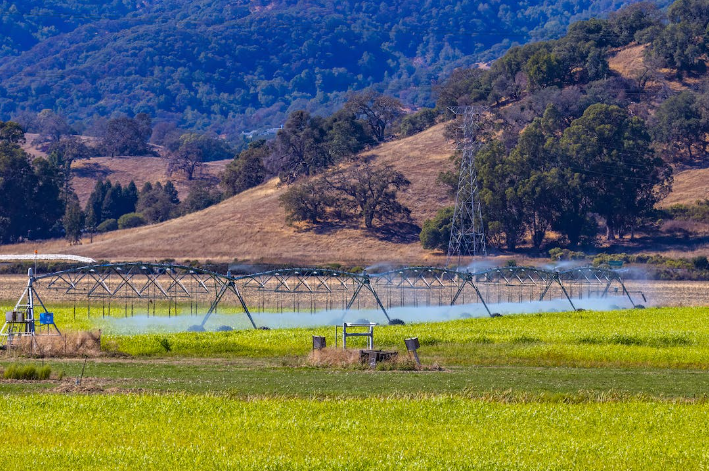Irrigation is an essential aspect of agriculture and horticulture. The process of providing water to plants, crops, and lawns is critical for their survival, growth, and productivity. Irrigation systems provide a controlled amount of water to plants, ensuring that they receive the necessary moisture needed for healthy growth. Therefore, having an irrigation system in our community is crucial for various reasons.
Firstly, an irrigation system ensures the sustainability of our community’s green spaces. A well-designed irrigation system can maintain the lush green lawns, gardens, and parks, even during the hot and dry summer months. It helps to keep the soil moist, prevent plant damage, and conserve water. This, in turn, promotes healthy plant growth, which is beneficial to our community’s environment and aesthetics. Green spaces help to reduce the amount of carbon dioxide in the air and provide a relaxing and rejuvenating environment for residents to enjoy.
Secondly, an irrigation system can save water and reduce water bills. Water conservation is a crucial concern, especially in regions that experience frequent droughts or water scarcity. An efficient irrigation system can minimize water usage by delivering water to plants in a controlled and measured manner. This means that water is not wasted due to overwatering or runoff. As a result, the community can save significant amounts of money on water bills, and the water saved can be redirected to other important uses.
Thirdly, an irrigation system can increase property values in the community. A well-maintained landscape can add value to residential and commercial properties. A lush, green lawn or garden can make a property more attractive to potential buyers or tenants. In addition, a reliable irrigation system can demonstrate to prospective buyers or tenants that the community is well-maintained, increasing their confidence in investing in the area.
Fourthly, an irrigation system can promote food security. Community gardens and urban agriculture are becoming increasingly popular. These initiatives allow residents to grow their fruits and vegetables, improving their access to fresh and healthy food. However, for these projects to be successful, they need access to a reliable source of water. An irrigation system can provide a regular supply of water to these gardens, ensuring that the plants receive the water they need to grow and produce healthy crops.
Fifthly, an irrigation system can improve public health. A well-maintained green space can improve air quality, reduce the impact of heat waves, and promote physical activity. This can have significant health benefits for residents, including reducing the risk of respiratory diseases, heat stroke, and obesity.
In conclusion, an irrigation system is an important investment for any community. It helps to sustain green spaces, save water and reduce water bills, increase property values, promote food security, and improve public health. It is crucial to invest in a reliable and efficient irrigation system that can deliver water to plants in a controlled and measured manner. The benefits of such a system are far-reaching and can have a positive impact on the community’s environment, economy, and overall well-being.
